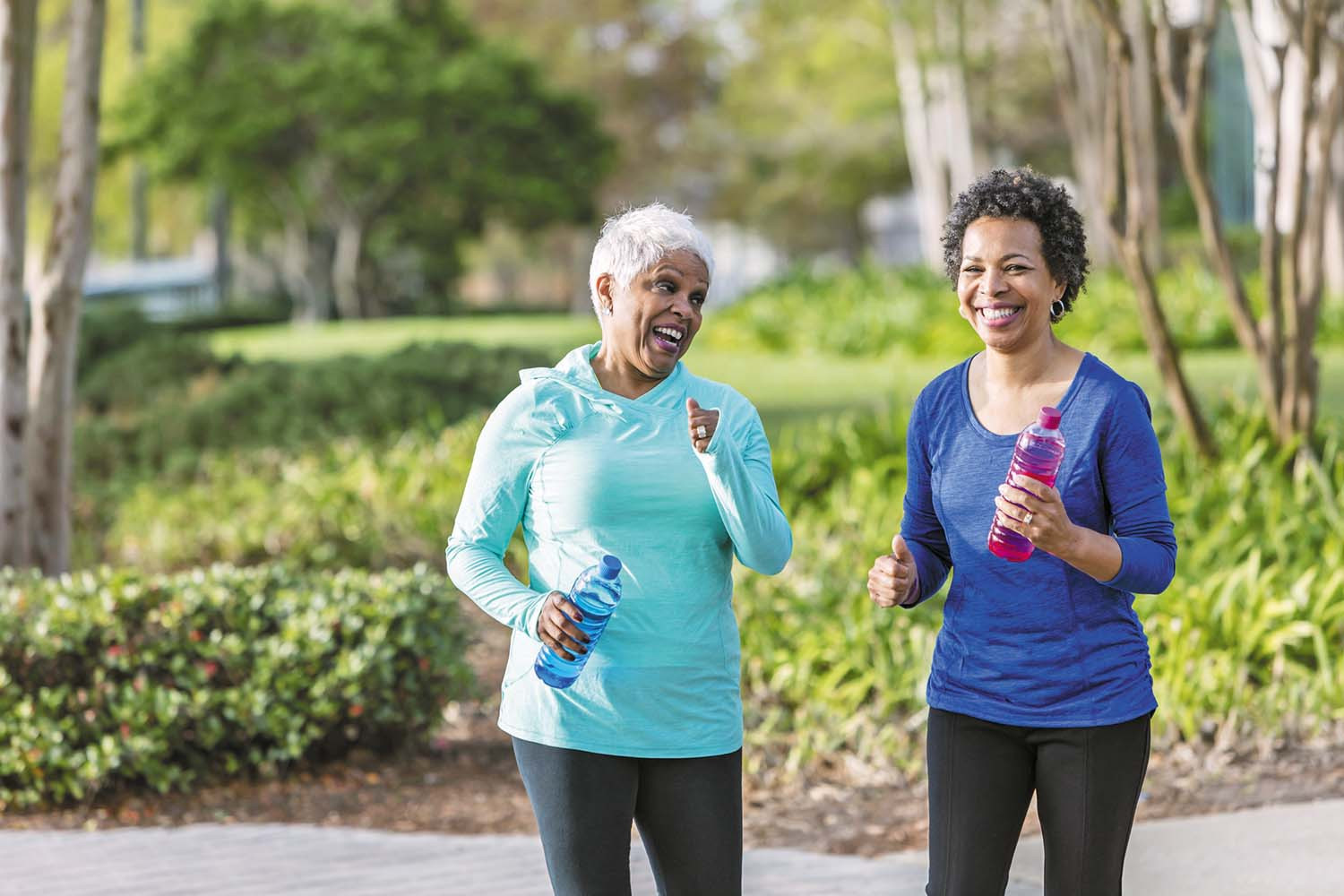
5 timeless habits for better health

What are the symptoms of prostate cancer?

Is your breakfast cereal healthy?

When pain signals an emergency: Symptoms you should never ignore

Does exercise give you energy?

Acupuncture for pain relief: How it works and what to expect

How to avoid jet lag: Tips for staying alert when you travel

Biofeedback therapy: How it works and how it can help relieve pain

Best vitamins and minerals for energy

Should you take probiotics with antibiotics?
Staying Healthy Archive
Articles
When patients suddenly become confused
Hospital delirium is common and often goes unrecognized
When Mary, age 84, was hospitalized for a hip replacement, everything went well until a complication landed her in the intensive care unit (ICU) and she began behaving oddly. She thought she was in a hotel, reported that a cartoon character had died in the bed next to hers, struggled at night to escape nonexistent intruders, and complained that the staff was ignoring the rats infesting her room. After a psychiatric consult, Mary was given medication to calm her and help her sleep, and eventually she started acting more like her old self.
"We stayed with her day and night, and the delirium cleared once she was back in a regular room. Now we can laugh about it, but she remembers little about those weeks," says her daughter-in-law.
Core Exercises: Pelvic Curl
Harvard fitness expert Michele Stanten takes you through a simple exercise to tighten your abs, strengthen your back, and improve your balance.
Core Exercises: Diagonal Opposite Arm and Leg Raise
Harvard fitness expert Michele Stanten takes you through a simple exercise to tighten your abs, strengthen your back, and improve your balance.
Core Exercises: Knee Tuck on Stability Ball
Harvard fitness expert Michele Stanten takes you through a simple exercise to tighten your abs, strengthen your back, and improve your balance.
What’s the best time of day to take your medication?
Timing may improve potency and help you cope with side effects.
We all want our medicines to be as effective as possible, and that requires effort on our part. It may be necessary to avoid taking pills with certain foods or drinks, and to check that medications won't interfere with each other.
And in some cases, it may be important to take a drug at a particular time of day. This approach, known as chronotherapy, is gaining attention as research suggests a relationship between when we take medications and how well they work.
Boredom busters to revamp your exercise routine
Try these simple tips to spice up your workout and keep moving.
Exercise is crucial to good health, but sometimes it's hard to find the motivation to maintain an exercise regimen. Finding the time is one problem. Another is boredom. "Most activity becomes tedious psychologically, even though you know it will benefit you physically," says Michael Bento, a personal trainer at Harvard-affiliated Massachusetts General Hospital.
The solution is finding ways to bust that boredom and stay engaged — or at least distracted.
The best breads in the grocery store
Look for whole-grain breads with the fewest ingredients possible.
It takes just four ingredients to create bread: flour, yeast, water, and salt. After a little kneading and some time in the oven, they transform into a hearty dietary staple that can add texture to your breakfast or structure to your sandwich. But the type of flour, plus additional ingredients, can make or break bread's nutritional value.
What makes bread healthy?
Healthy bread starts with flour that comes from whole grains, such as whole wheat, oats, brown rice, rye, or barley.

5 timeless habits for better health

What are the symptoms of prostate cancer?

Is your breakfast cereal healthy?

When pain signals an emergency: Symptoms you should never ignore

Does exercise give you energy?

Acupuncture for pain relief: How it works and what to expect

How to avoid jet lag: Tips for staying alert when you travel

Biofeedback therapy: How it works and how it can help relieve pain

Best vitamins and minerals for energy

Should you take probiotics with antibiotics?
Free Healthbeat Signup
Get the latest in health news delivered to your inbox!
Sign Up









